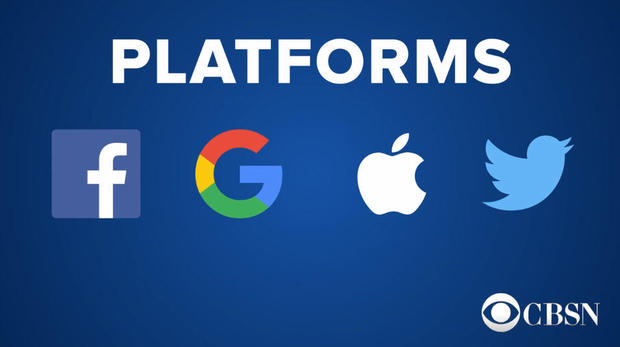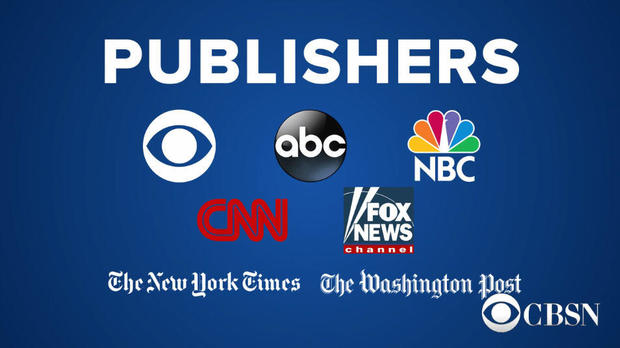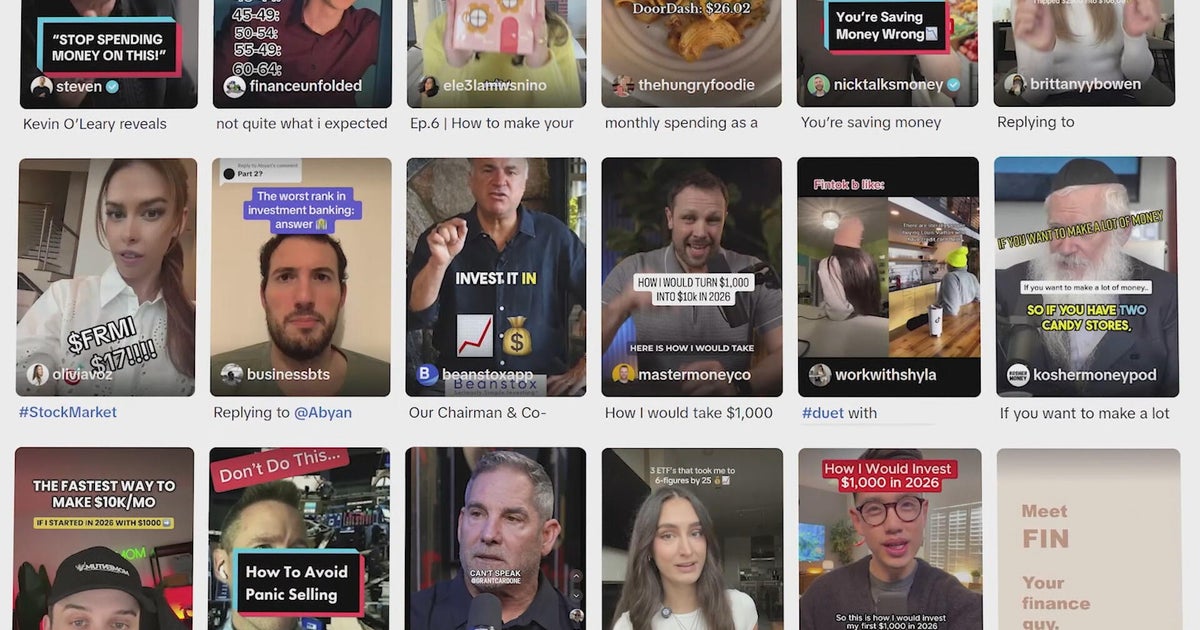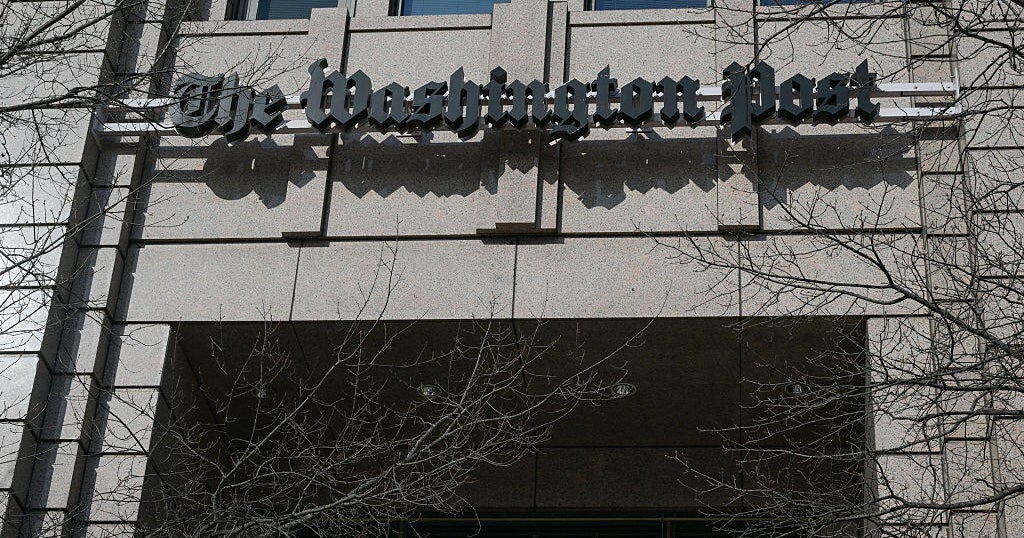People trust platforms less, trust journalism more, study says
A new study shows that people's trust in media platforms where they find news is down, but trust in publishers and journalists is on the rise. The 2018 Edelman Trust Barometer surveyed residents in 28 countries and found that most people consider the term "media" a combination of platforms where they find news. You can read the full report here.
Twenty-two of the 28 countries expressed distrust in media, and in the U.S., the public's trust in media sources dropped 5 percent from 2017. But a closer look at the numbers found that the public's trust in journalism has risen 5 percentage points while trust dropped 2 points for social and search platforms.
- Facebook punts identification of trustworthy news to users
- How fake news becomes a popular, trending topic
The report also asked participants to define "media in general." At least 89 percent said "journalists," while 48 percent said "social," 40 percent said "brands" and 25 percent said "search."
Richard Edelman, the company's president and CEO, said on CBSN that trust in the media has declined because "people are looking for objectivity and seeing opinions, and on social and search, they're seeing such of a difference of opinion that they can't get [anything] fact-based." He said, "people are living in their own sort of thought bubble" and have their own set of media whether they are Republican or Democrats.
Edelman also explained the rise of trust in journalism versus the decline of trust in search and social media platforms. "About half the people in the United States are still involved in mainstream media, but the other half are totally relying on search and social -- and that means what their friends are experiencing or whatever somebody posts," he said. "The lack of a center here is really the problem and everybody is going with reinforcing their own views."
The survey also found that 63 percent of people said the average person doesn't know how to distinguish good journalism from rumors and falsehoods, and 59 percent said that it's becoming harder to tell if news was produced by a respected news outlet. And nearly 7 in 10 of those surveyed said they were worried about fake news and false information being used as a weapon.
The report comes as Facebook and Twitter investigate Russia's attempt to disrupt the U.S. 2016 presidential election on their respective platforms. Last week, Twitter admitted that Russian propaganda was more widespread than initially reported, and that it had shut down 3,814 Russian-linked accounts.





